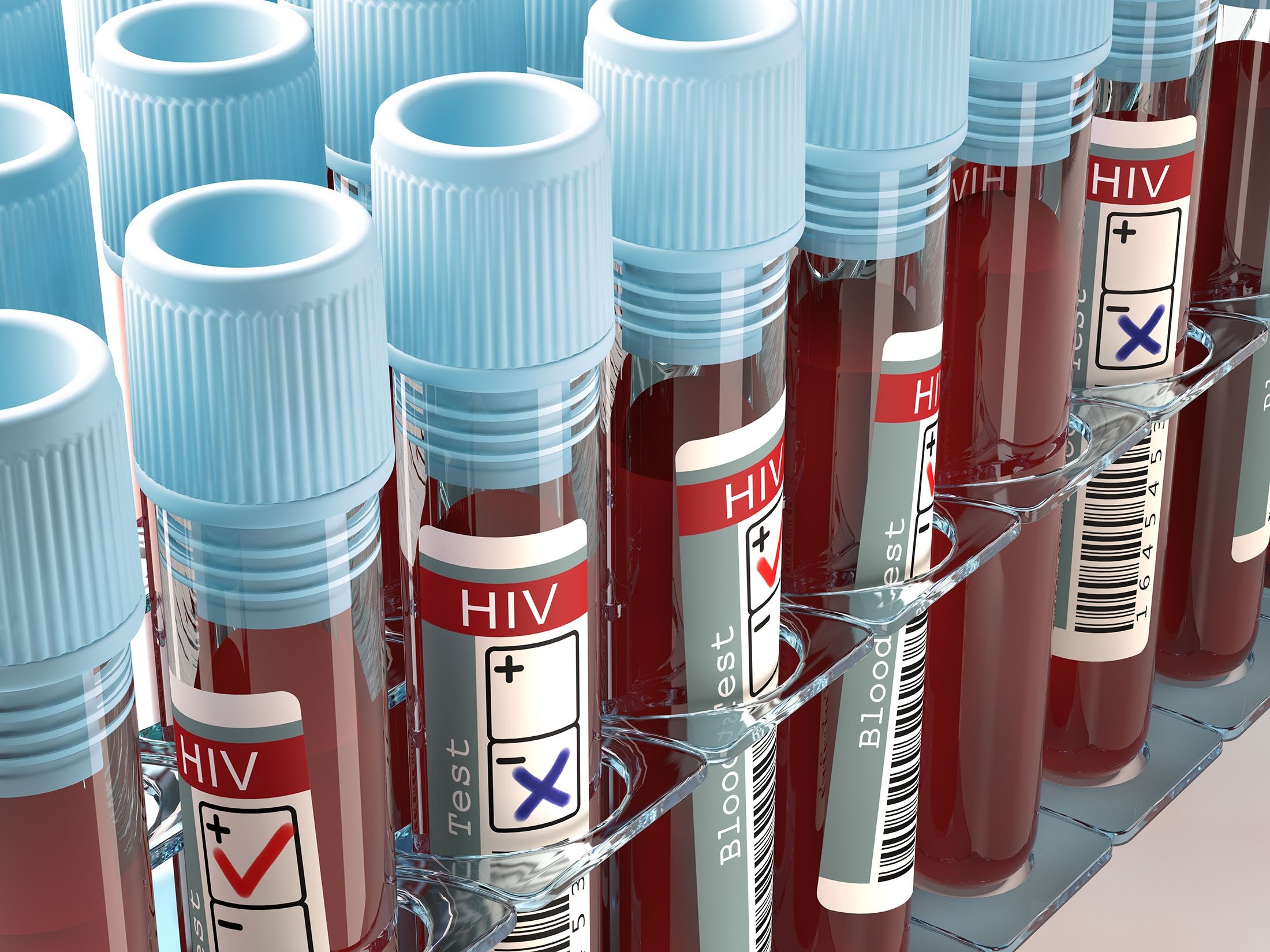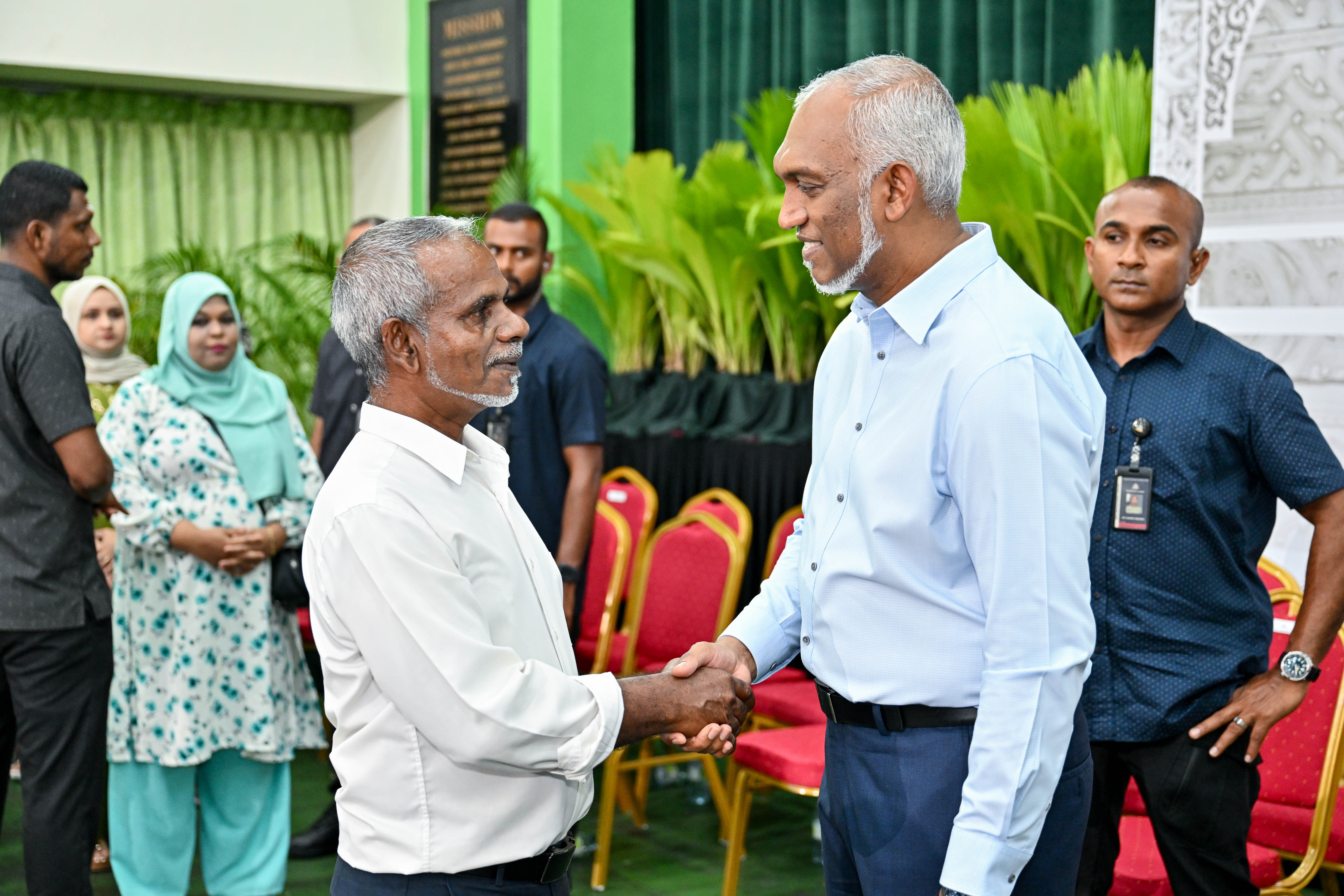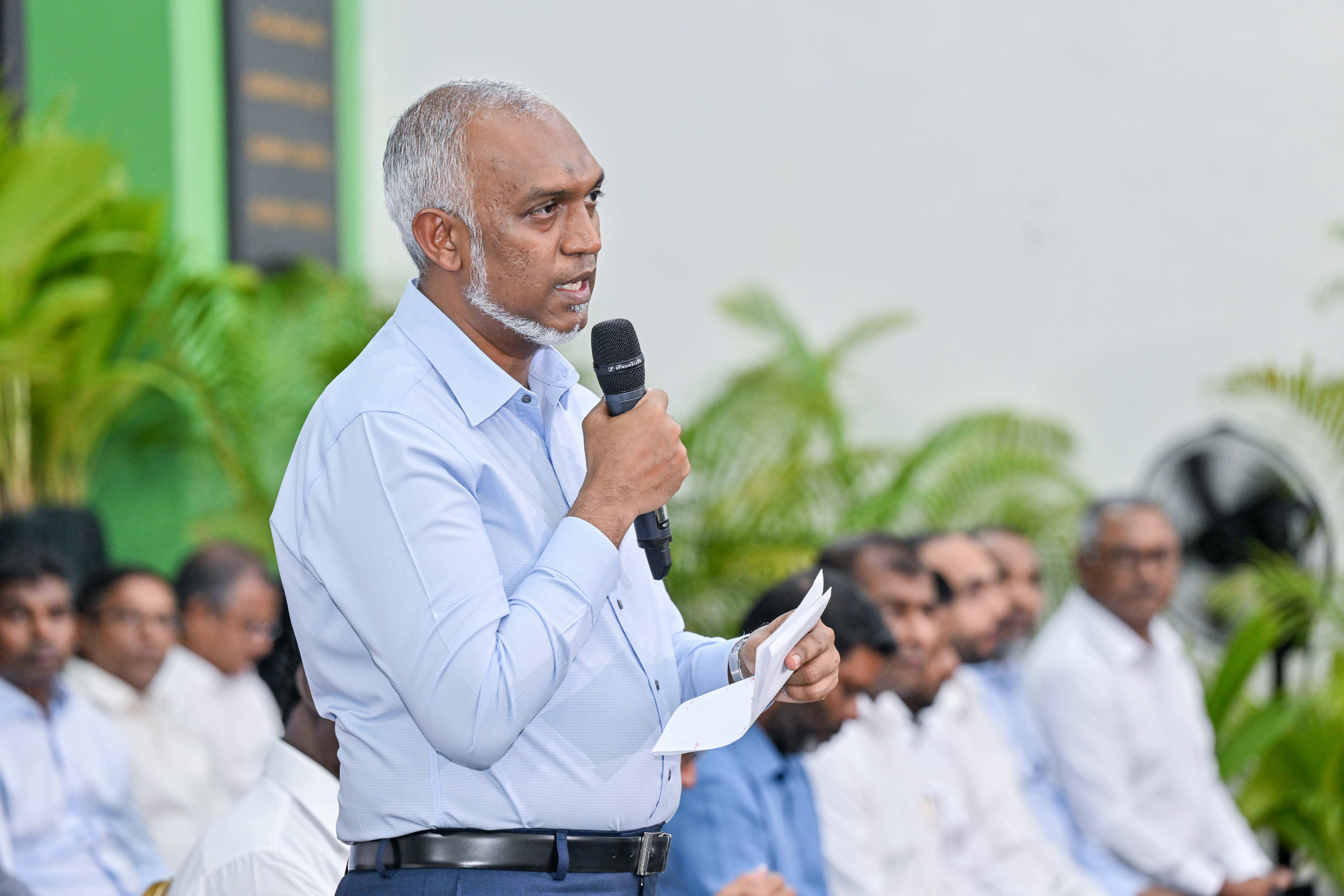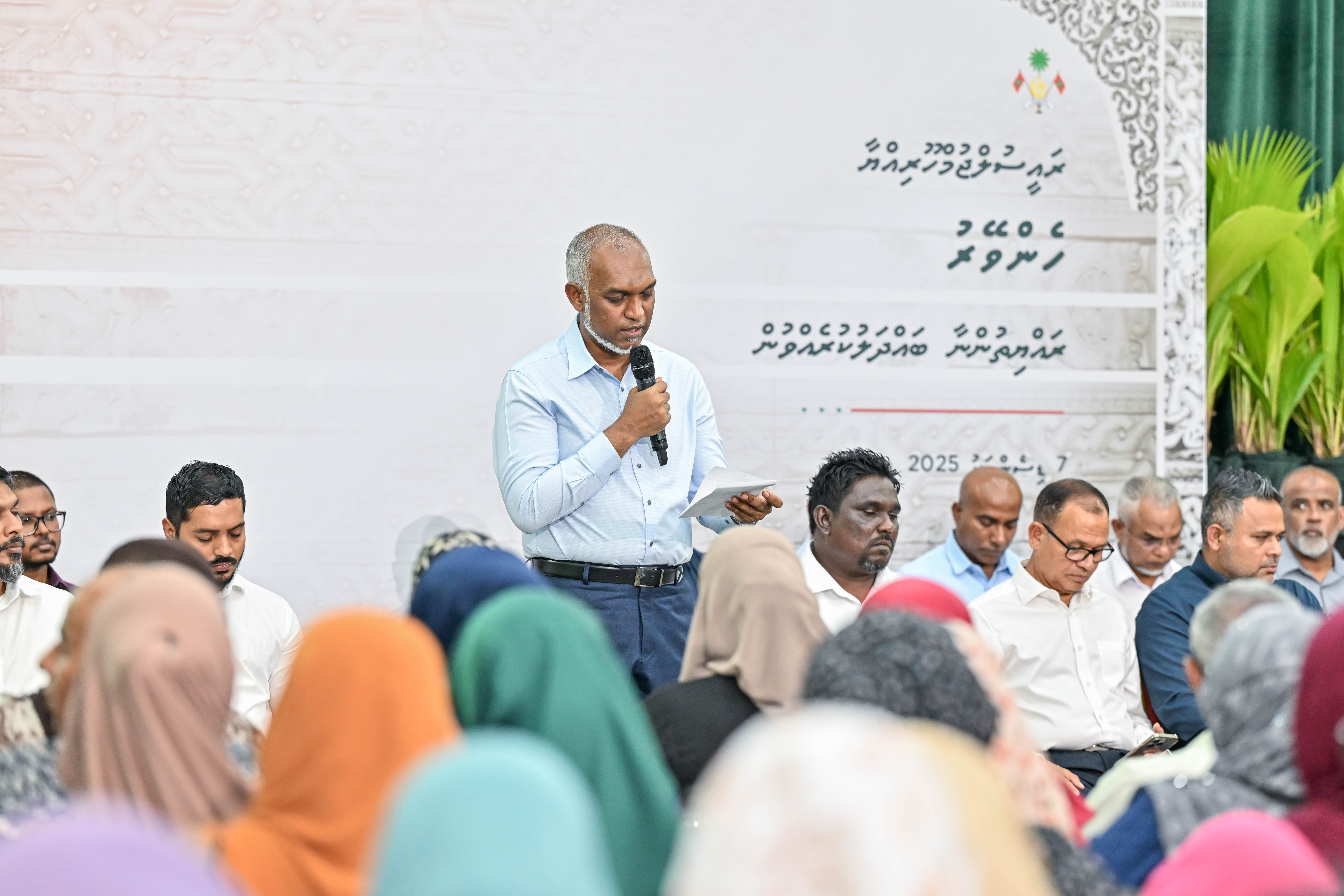A patient with leukemia in the United States has become the first woman and the third person to date to be cured of HIV receiving a stem cell transplant from a donor who was naturally resistant to the virus that causes AIDS, researchers reported.
The treatment is part of a larger US-backed study led by Dr. Yvonne Bryson of the University of California Los Angeles (UCLA), and Dr. Deborah Persaud of Johns Hopkins University in Baltimore. It aims to follow 25 people with HIV who undergo a transplant with stem cells taken from umbilical cord blood for the treatment of cancer and other serious conditions.
The woman of mixed race was treated using umbilical cord blood — a newer approach that may make the treatment available to more people. Since receiving the cord blood to treat her acute myeloid leukemia - cancer that starts in blood-forming cells in the bone marrow - the woman has been in remission and free of the virus for 14 months, without the need for potent HIV treatments known as antiretroviral therapy.
The sex and racial background of the new case mark a significant step forward in developing a cure for H.I.V., the researchers said.
"This is now the third report of a cure in this setting, and the first in a woman living with HIV," Sharon Lewin, President-Elect of the International AIDS Society, said in a statement.
The two prior cases occurred in males - one white and one Latino - who had received adult stem cells, which are more frequently used in bone marrow transplants.
Patients in the trial first undergo chemotherapy to kill off the cancerous immune cells and then receive transplant stem cells from individuals with a specific genetic mutation in which they lack receptors used by the virus to infect cells.
Scientists believe these individuals then develop an immune system resistant to HIV.
The treatment is part of a larger US-backed study led by Dr. Yvonne Bryson of the University of California Los Angeles (UCLA), and Dr. Deborah Persaud of Johns Hopkins University in Baltimore. It aims to follow 25 people with HIV who undergo a transplant with stem cells taken from umbilical cord blood for the treatment of cancer and other serious conditions.
The woman of mixed race was treated using umbilical cord blood — a newer approach that may make the treatment available to more people. Since receiving the cord blood to treat her acute myeloid leukemia - cancer that starts in blood-forming cells in the bone marrow - the woman has been in remission and free of the virus for 14 months, without the need for potent HIV treatments known as antiretroviral therapy.
The sex and racial background of the new case mark a significant step forward in developing a cure for H.I.V., the researchers said.
"This is now the third report of a cure in this setting, and the first in a woman living with HIV," Sharon Lewin, President-Elect of the International AIDS Society, said in a statement.
The two prior cases occurred in males - one white and one Latino - who had received adult stem cells, which are more frequently used in bone marrow transplants.
Patients in the trial first undergo chemotherapy to kill off the cancerous immune cells and then receive transplant stem cells from individuals with a specific genetic mutation in which they lack receptors used by the virus to infect cells.
Scientists believe these individuals then develop an immune system resistant to HIV.


















